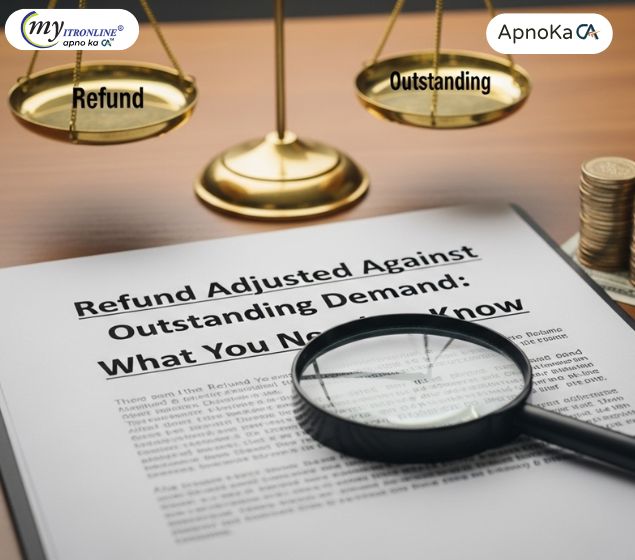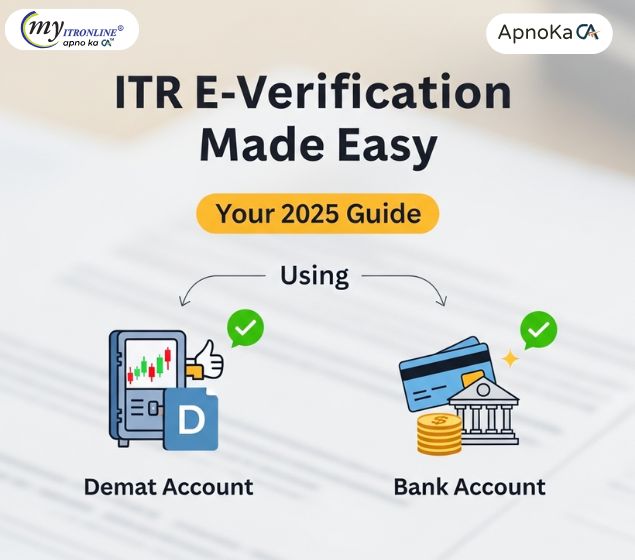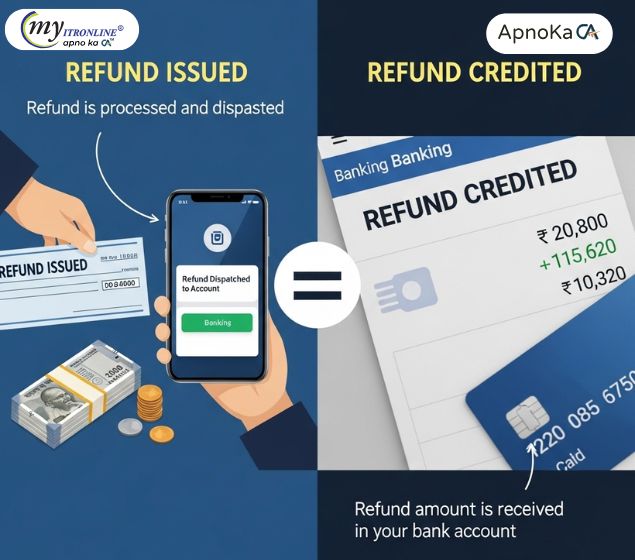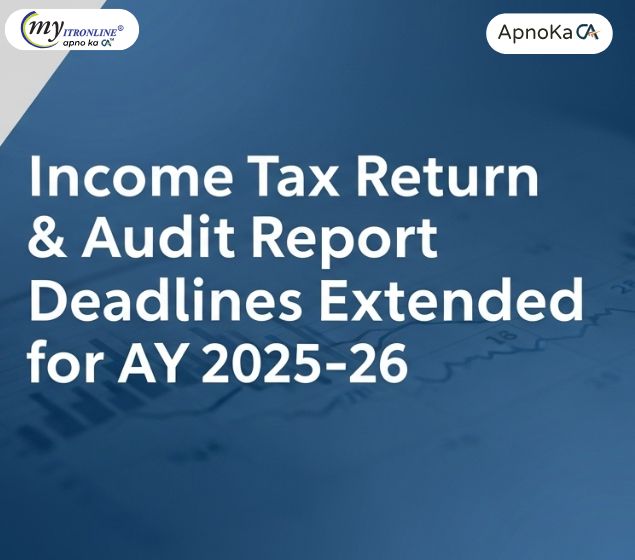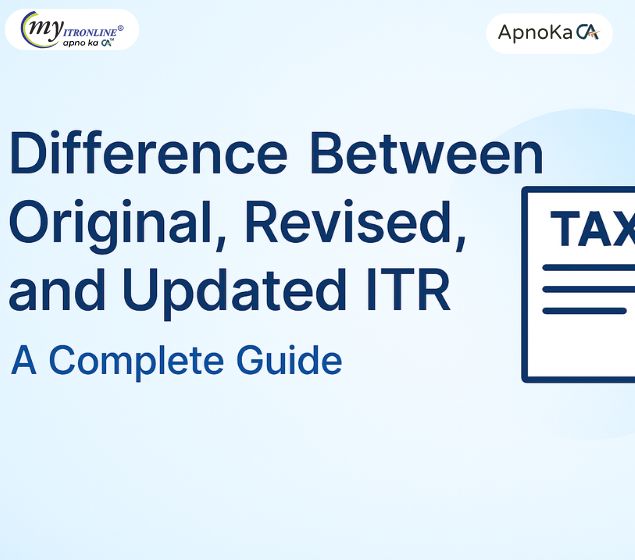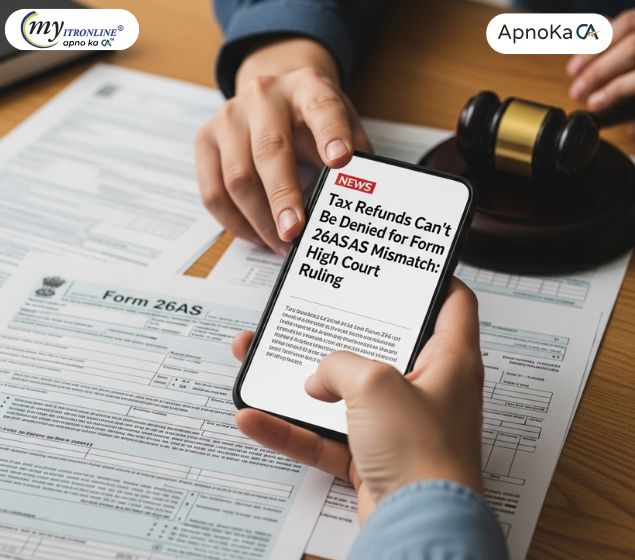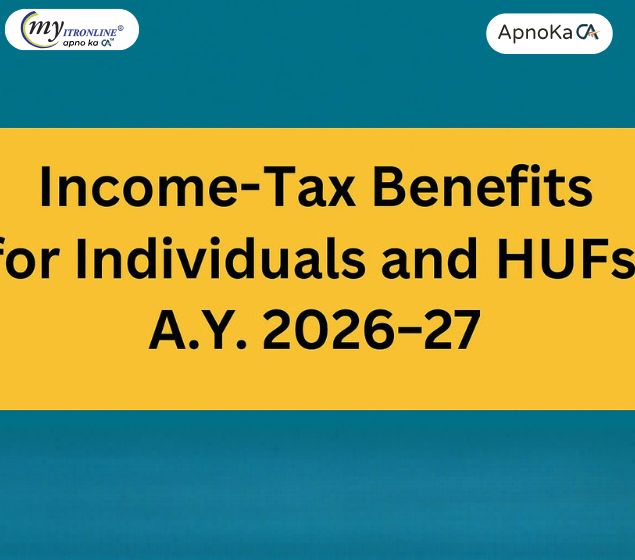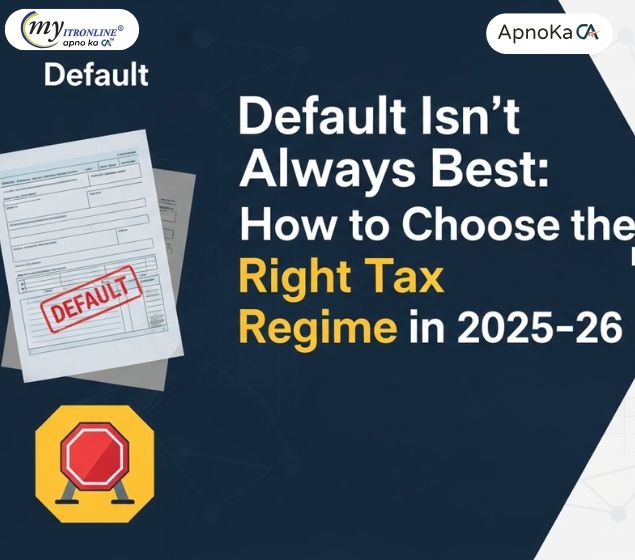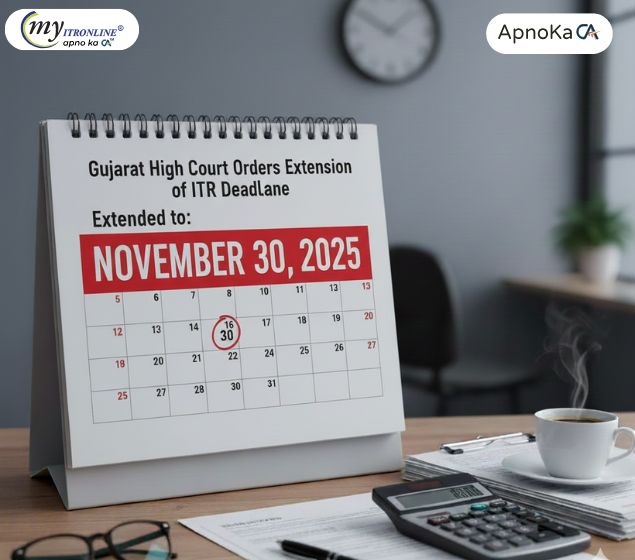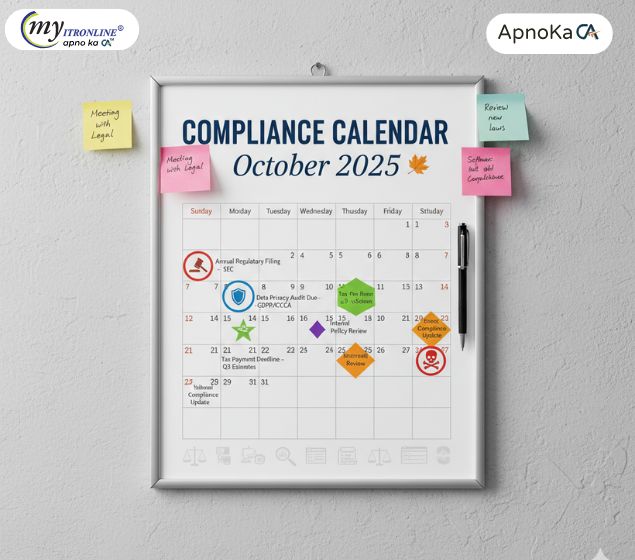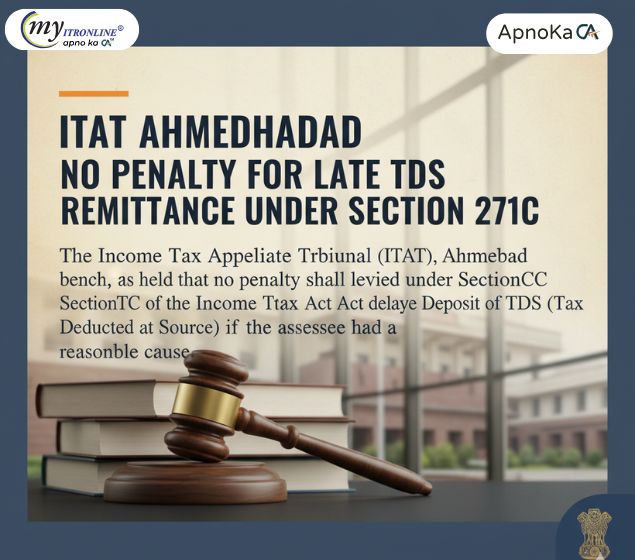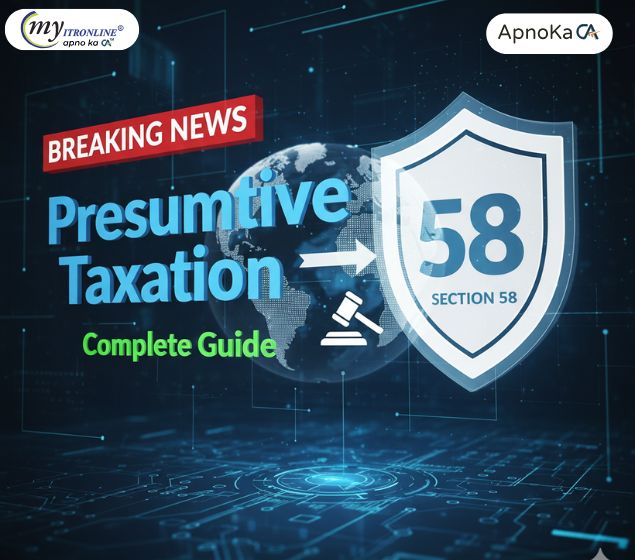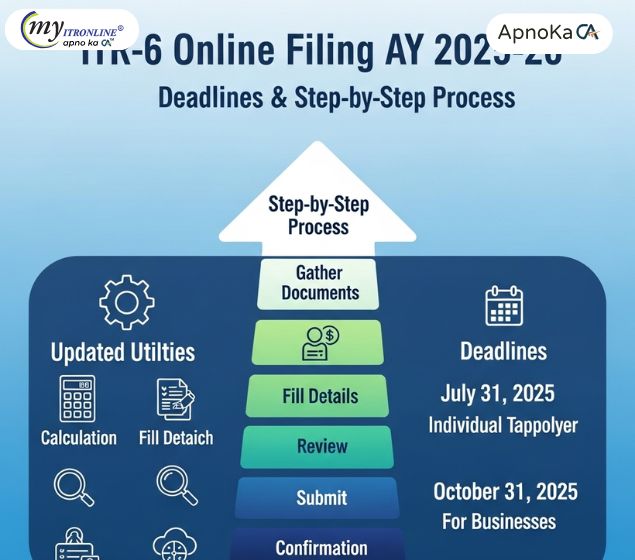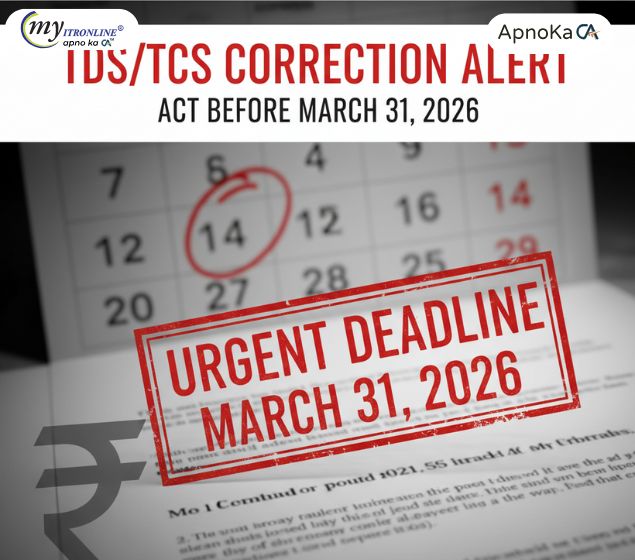Make the Most of Your Retirement Funds with NPS Tax Advantages
The National Pension System (NPS) tax benefits under Sections 80CCD(1) and 80CCD(2) of the Income Tax Act of 1961 are explained in this blog post. It discusses NPS contribution eligibility requirements, deduction caps, and exemption guidelines in addition to offering an example to show the tax advantages.

Knowing Sections 80CCD(1) and 80CCD(2): NPS Tax Benefits
The Indian government launched the National Pension System (NPS), a retirement savings program, to entice people to make investments in their future. The tax advantages provided by NPS under Sections 80CCD(1) and 80CCD(2) of the Income Tax Act, 1961, are among its main advantages.
Section 80CCD(1): What is it?
Contributions to the NPS are tax deductible for individuals under Section 80CCD(1). Up to 10% of the person's pay (basic + dearness allowance) or 10% of their gross income, whichever is lower, may be deducted. All people, including self-employed individuals and employees, are eligible for this deduction.
Qualification under Section 80CCD(1)
In order to qualify for the deduction as per Section 80CCD(1), the person must:
- Possess Indian citizenship
- Be less than 65 years of age
- Own a current Permanent Account Number (PAN)
- Not be employed by the government (except for individuals who joined the NPS on or after April 1, 2009)
How to Make a Section 80CCD(1) Deduction Claim
In order to be eligible for the deduction under Section 80CCD(1), a person must:
- Make a Tier I account contribution to the NPS
- When filing income tax returns, provide the employer with proof of the contribution
- When completing income tax returns, claim the deduction
Section 80CCD(2): What is it?
Employees who receive payments to the NPS from their employers are eligible for an additional tax deduction under Section 80CCD(2). Up to 10% of the employee's pay (basic + dearness allowance) may be deducted. Only employees are eligible for this deduction; self-employed individuals are not.
Qualification under Section 80CCD(2)
In order for the employee to qualify for the deduction under Section 80CCD(2), they need to:
- Possess Indian citizenship
- Be less than 65 years of age
- Own a current Permanent Account Number (PAN)
- Ensure that their employer contributes to the NPS
How to Make a Section 80CCD(2) Deduction Claim
Employees who wish to claim the deduction under Section 80CCD(2) must:
- Ensure their employer contributes to the NPS
- When filing income tax returns, provide documentation of the employer's contribution
- When completing income tax returns, claim the deduction
Tax Benefits through NPS
The following are the tax advantages offered by NPS:
- Under Section 80CCD(1), the deduction is limited to 10% of the individual's gross income or 10% of their salary (basic + dearness allowance), whichever is lower.
- Section 80CCD(2) allows for a deduction of up to 10% of an employee's basic pay plus dearness allowance.
- Tax exemption: Under Section 10(10D) of the Income Tax Act of 1961, the maturity proceeds of the NPS are tax-free.
As an Illustration
To further understand how the tax benefits under NPS operate, let's look at an example:
Let's say a person contributes Rs. 1,50,000 to the NPS during a fiscal year. The annual salary of the individual is Rs. 10,00,000.
- Section 80CCD(1) Deduction: The employee is eligible to deduct up to Rs. 1,00,000 (10% of the salary) from their taxable income.
- Section 80CCD(2) Deduction: The employee may be eligible for an additional deduction of up to Rs. 50,000 under Section 80CCD(2) if their employer contributes Rs. 50,000 to the NPS.
Extra Tax Advantages
Apart from the deductions granted by Sections 80CCD(1) and 80CCD(2), the NPS provides other tax advantages, which include:
- Interest Exemption from Taxes: Interest received from NPS contributions is not subject to taxes.
- Tax Exemption on Withdrawals: Upon retirement, up to 40% of the total corpus may be withdrawn tax-free.
In Summary
Under the Income Tax Act of 1961's Sections 80CCD(1) and 80CCD(2), the NPS provides attractive tax incentives. Under Section 80CCD(1), an individual may deduct up to 10% of their gross income or salary, whichever is lower. Under Section 80CCD(2), employees may also deduct an additional amount from their salary of up to 10%. Moreover, the NPS maturity proceeds are tax-free. To maximize these benefits, individuals should consider contributing to the NPS and consult with a financial advisor or tax expert to ensure compliance and optimal tax savings.
FILING YOUR INCOME TAX RETURN F.Y 2024-25 (A.Y. 2025-2026) WITH MYITRONLINE
The income tax filing deadline is right around the corner. If you haven’t filed yet, do it today with Myitronline! Avoid last minute rush and file your tax return today on MYITRONLINE in Just 5 mins.(www.myitronline.com)
If you are looking for eCA assistance to file your income tax return/ GST, you can opt for MYITRONLINE eCA assisted plan starting
Upload Salary Individual Form-16
If you have any questions with filing your tax return, please reply to this mail. info@myitronline.com OR call 9971055886,8130309886.
Note-All the aforementioned information in the article is taken from authentic resources and has been published after moderation. Any change in the information other than fact must be believed as a human error. For queries mail us at marketing@myitronline.com
Krishna Gopal Varshney
An editor at apnokacaKrishna Gopal Varshney, Founder & CEO of Myitronline Global Services Private Limited at Delhi. A dedicated and tireless Expert Service Provider for the clients seeking tax filing assistance and all other essential requirements associated with Business/Professional establishment. Connect to us and let us give the Best Support to make you a Success. Visit our website for latest Business News and IT Updates.
Leave a reply
Your email address will not be published. Required fields are marked *Share this article
Krishna Gopal Varshney, Founder & CEO of Myitronline Global Services Private Limited at Delhi. A dedicated and tireless Expert Service Provider for the clients seeking tax filing assistance and all other essential requirements associated with Business/Professional establishment. Connect to us and let us give the Best Support to make you a Success. Visit our website for latest Business News and IT Updates.
View articles








